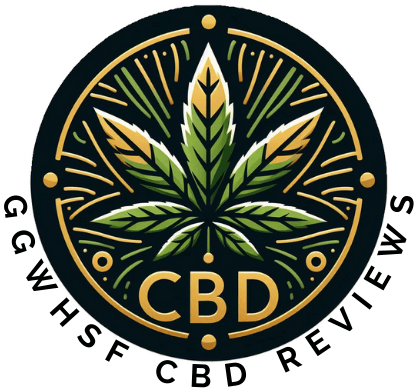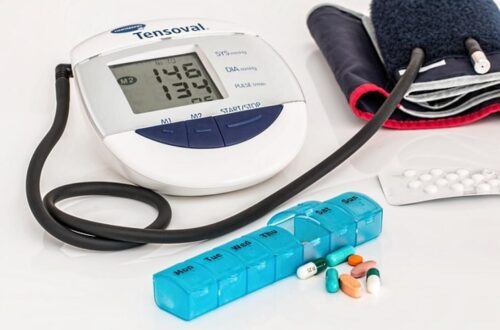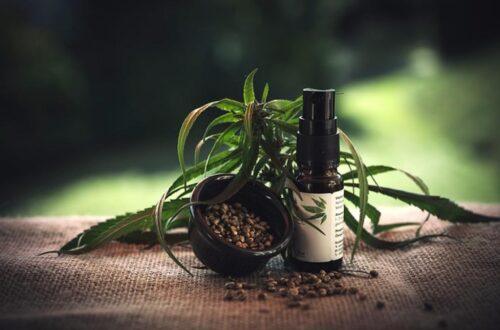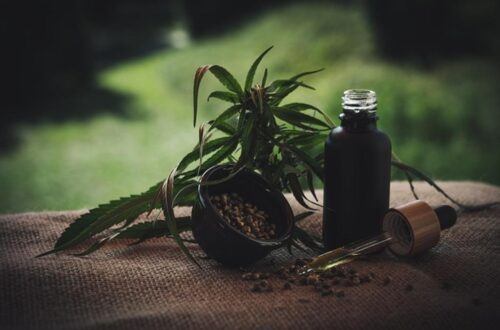CBD: It’s everywhere these days, from oils and gummies to lotions and even pet treats. But with its skyrocketing popularity comes a burning question—can CBD cause addiction?
The word “addiction” often triggers alarm bells. It’s a serious topic that deserves our full attention. You might be wondering if that CBD product you saw online (or maybe even have in your medicine cabinet) poses any risk.
Let’s dive into what science says about CBD and addiction. Spoiler alert: you might be pleasantly surprised!
The Relationship Between CBD and Addiction
First off, it’s crucial to note that CBD, or cannabidiol, is a compound found in cannabis plants. Unlike its cousin THC, CBD doesn’t get you ‘high.’ This is a key point when discussing addiction.
Studies have shown that CBD is not addictive. The World Health Organization even stated that CBD exhibits no effects indicative of any abuse or dependence potential.
Interestingly, CBD might actually aid in reducing addiction behaviors. Some research suggests that it can help people battling with addictions to substances like opioids or nicotine by reducing anxiety and cravings.
Another point to consider is that CBD interacts with the body’s endocannabinoid system, which plays a role in regulating mood, sleep, and appetite. This interaction is generally seen as positive and non-habit forming.
So, while the conversation around CBD and addiction is ongoing, current evidence points toward CBD being a helpful, non-addictive compound.
Can CBD Help in Managing Addiction?
Now let’s talk about how CBD might actually help in managing addiction. Various studies have hinted at CBD’s potential to assist people struggling with addiction.
For instance, CBD may reduce cravings and anxiety, which are two major hurdles in addiction recovery. By helping to alleviate these symptoms, CBD could make the road to recovery a bit smoother.
Additionally, some animal studies suggest that CBD can lower the incidence of relapse in addiction. It could affect brain circuits involved in drug-seeking behavior, making it easier for those in recovery to stay on track.
Another intriguing possibility is that CBD can help manage withdrawal symptoms. People going through withdrawal often experience discomfort and stress. CBD’s calming properties might ease these unpleasant sensations.
While more human studies are needed, early results are promising. It seems that CBD could become a supportive tool in addiction management, offering a natural aid without the risk of dependency.
Potential Benefits of CBD in Addiction Treatment
Alright, let’s dive into the potential benefits of CBD in addiction treatment. One key area where CBD shows promise is in reducing cravings. Cravings can be incredibly intense, but CBD might help take the edge off, making it easier to resist temptation.
Another significant benefit is anxiety relief. Many people battling addiction struggle with anxiety, which can trigger a relapse. CBD’s calming effects could help manage this anxiety, making recovery less overwhelming.
CBD also has anti-inflammatory properties. Chronic inflammation is often linked to substance abuse, and reducing it can help the body heal. This benefit is particularly useful during the recovery process, as a healthier body can better cope with withdrawal and stress.
Additionally, CBD might help with improving sleep. Good quality sleep is crucial for overall well-being, especially during recovery. If CBD can help people achieve restful sleep, it can boost their physical and mental health, aiding the overall treatment process.
Lastly, CBD’s potential neuroprotective properties are worth mentioning. Long-term substance abuse can damage the brain, but CBD might support brain health and recovery, making it easier for people to regain control over their lives.
Understanding How CBD Interacts with the Body
Let’s take a look at how CBD interacts with our bodies. The magic happens primarily through something called the endocannabinoid system (ECS). This system plays a big role in keeping our bodies balanced, affecting everything from mood to pain sensation.
CBD interacts with the ECS by influencing its receptors. There are two main types of receptors: CB1 and CB2. CB1 receptors are mostly found in the brain and are linked to things like mood, memory, and appetite. CB2 receptors are more common in the immune system and affect inflammation and pain.
CBD doesn’t bind directly to these receptors; instead, it nudges the ECS to use its own cannabinoids more effectively. This interaction helps regulate various bodily functions, like reducing pain or promoting relaxation.
Besides the ECS, CBD also affects other receptor systems in the body. For instance, it can interact with serotonin receptors, which play a crucial role in mood and anxiety levels. This could explain why many people find CBD helpful for stress and anxiety.
Another interesting interaction is with vanilloid receptors, which are involved in pain perception and inflammation. By affecting these receptors, CBD can potentially help manage pain and inflammation, which is super relevant for addiction recovery.
Understanding these interactions can give us better insight into why CBD might be beneficial for a range of health issues, including addiction treatment.
Myths Vs. Facts: Debunking Common Misconceptions
There’s a lot of misinformation floating around about CBD, so let’s clear up some common myths and facts.
One common myth is that CBD will get you high. The fact is, CBD is non-psychoactive. Unlike THC, another compound found in cannabis, CBD won’t alter your state of mind.
Another misconception is that all CBD products are identical. The truth is, not all CBD is created equal. The quality and concentration can vary significantly between products, so it’s crucial to choose reputable brands.
Some people believe that CBD is illegal. While CBD is legal in many places, its legal status can vary depending on where you live. Always check local laws to ensure you’re in the clear.
A big myth is that CBD works the same for everyone. The fact is, how CBD affects you can depend on factors like your body weight, metabolism, and even your unique endocannabinoid system. What works for one person might not work the same way for another.
Another common belief is that more CBD is always better. In reality, the best dosing can vary. Starting with a low dose and gradually increasing it is usually the best approach to find what works for you without overdoing it.
By debunking these myths and understanding the facts, you can make more informed decisions about using CBD effectively and responsibly.
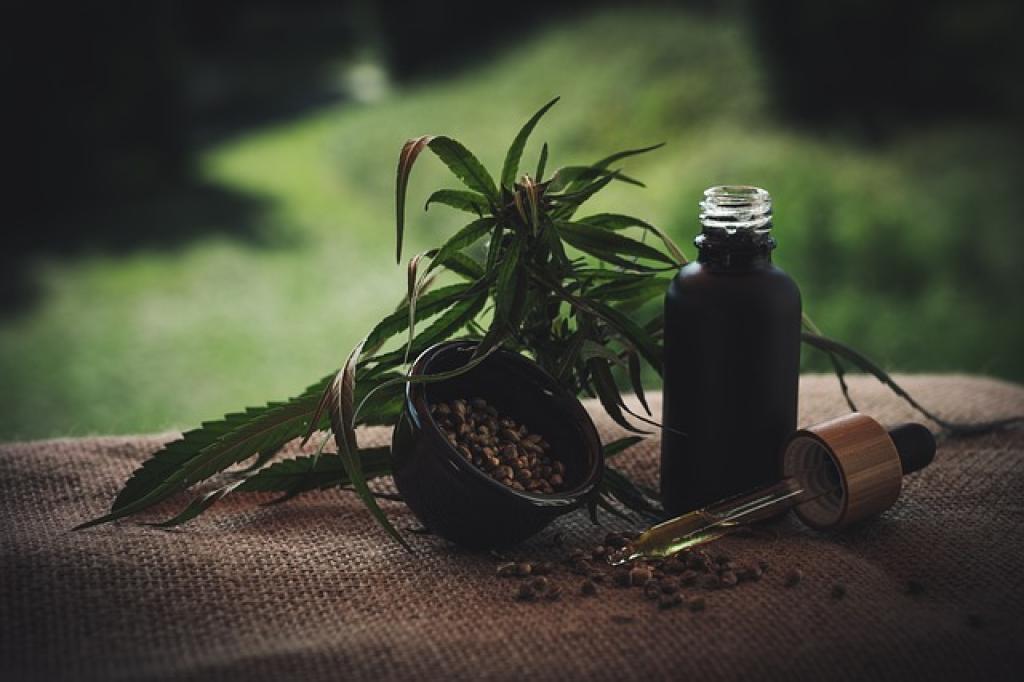
Case Studies and Research Findings on CBD for Addiction
There’s been a lot of excitement around CBD as a potential aid for addiction treatment, and it’s not just hype—research backs it up.
In one case study, a 2019 investigation demonstrated that CBD might help reduce cravings and anxiety in people recovering from heroin addiction. Participants given CBD reported significantly lower levels of craving and anxiety compared to those who received a placebo.
Real-World Benefits
Another interesting study, published in the journal “Addiction,” explored the effects of CBD on smokers trying to quit. The findings were quite promising! Smokers who used CBD reduced their cigarette intake by about 40%, compared to no reduction in the placebo group. That’s a significant change, showing CBD’s potential in combating nicotine addiction.
Researchers have also looked into how CBD can affect opioid addiction. A particular study found that CBD helped lower cue-induced cravings in people who had a history of heroin abuse. The effects lasted for about a week after administration, suggesting that CBD might have long-term benefits.
Future Possibilities
While the research is exciting, it’s also in the early stages. Scientists agree that more extensive, longer-term studies are needed to fully understand how effective and safe CBD is for treating addiction. However, the initial findings offer hope and pave the way for future research.
By looking at these case studies and research findings, it’s clear that CBD holds promise as a tool in the fight against addiction. But like any potential treatment, it’s essential to discuss it with healthcare professionals to ensure it’s the right fit for you.
Is CBD a Viable Alternative to Traditional Addiction Treatments?
With the buzz around CBD, many are asking if it can replace traditional addiction treatments. While CBD does show promise, it’s not a magical cure-all.
Traditional treatments like counseling, medication-assisted therapy (MAT), and support groups have been rigorously tested and proven effective over the years. CBD, on the other hand, is still relatively new in the world of addiction therapy.
Research suggests CBD can complement existing treatments by reducing cravings and anxiety, which are significant hurdles in recovery. However, relying solely on CBD without incorporating other proven methods might not yield the best results.
Experts in addiction treatment emphasize a holistic approach. This means combining multiple therapies tailored to each individual’s needs. CBD might be one piece of the puzzle, but it’s beneficial to incorporate counseling, peer support, and sometimes medication to address the root causes of addiction.
Exploring the Future Possibilities of CBD in Addiction Recovery
The world of CBD and addiction recovery is still unfolding, and there’s a lot of excitement about where it might lead. Let’s take a peek into some future possibilities.
Enhanced Formulations
Researchers are exploring enhanced CBD formulations that could be more effective in helping with cravings and withdrawal symptoms. These formulations might include combining CBD with other natural compounds to boost its benefits.
Personalized Treatment Plans
Imagine a future where addiction treatments are tailored to each person’s genetic makeup. We could see CBD integrated into personalized treatment plans, making recovery more precise and effective. This approach could harmonize CBD with traditional therapies to maximize results.
Clinical trials and further studies will be crucial. As researchers dive deeper, they might uncover new ways CBD can support recovery pathways we haven’t even thought of yet.
It’s also exciting to think about potential new delivery methods. From CBD patches to inhalers, innovators are working on making CBD easier and more effective to use, ensuring patients get the most benefit with minimal hassle.
The Bottom Line: Understanding the Role of CBD in Addressing Addiction
As we’ve explored, CBD presents an intriguing, albeit early-stage, possibility for aiding in addiction recovery. It offers some promising benefits, from helping to manage withdrawal symptoms to potentially reducing cravings. This isn’t a magic bullet, but it sure seems to have significant supportive potential.
Remember, the science is still catching up. While anecdotal evidence is encouraging, more rigorous, large-scale studies are needed to conclusively determine how effective CBD can be in these scenarios. It’s crucial to approach this with cautious optimism.
Another key point is, consulting healthcare professionals before starting any CBD regimen is key. They can provide guidance tailored to individual needs and ensure it fits within a comprehensive addiction recovery plan. Self-medicating without proper advice might lead to unforeseen complications.
Importantly, CBD isn’t a standalone solution. A holistic approach that includes counseling, support groups, and possibly medical treatments often yields the best results. Integrating CBD wisely within these frameworks could potentially enhance overall recovery efforts.
So, what’s the final takeaway? CBD holds promise, but it’s part of a bigger picture. Stay informed, remain cautious, and always prioritize professional guidance. As research evolves, we’ll likely get clearer insights into the role CBD can play in helping people reclaim their lives from addiction.
